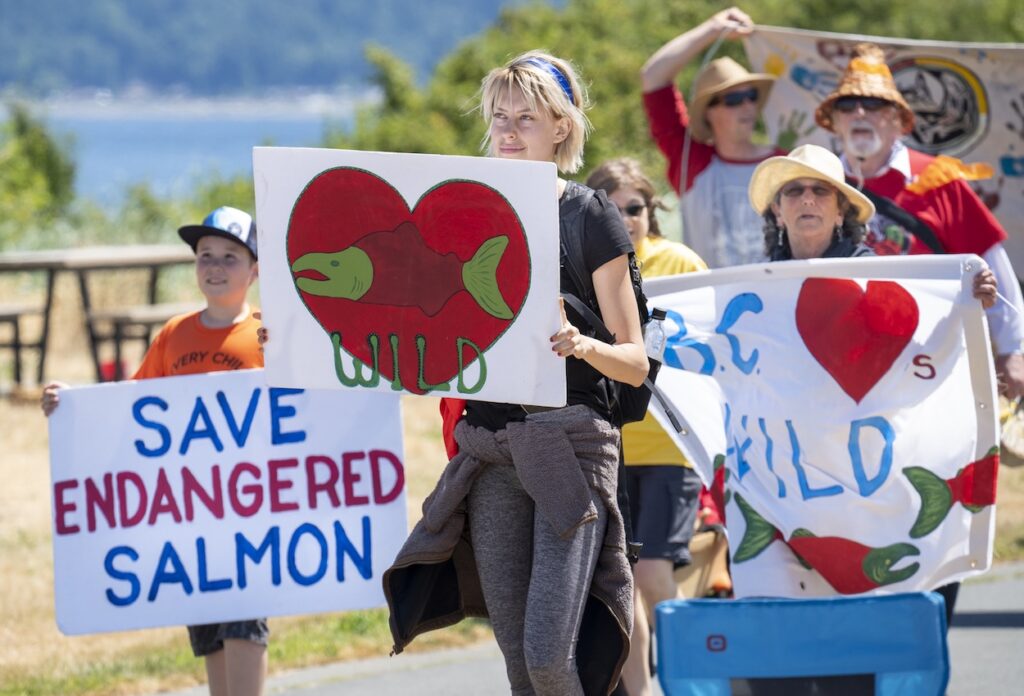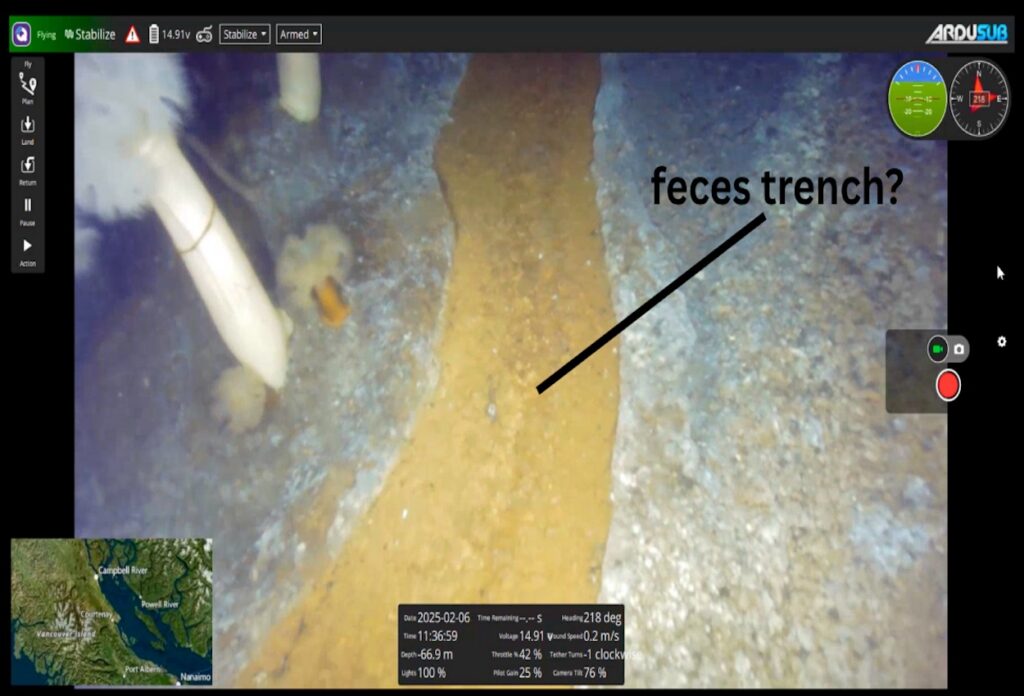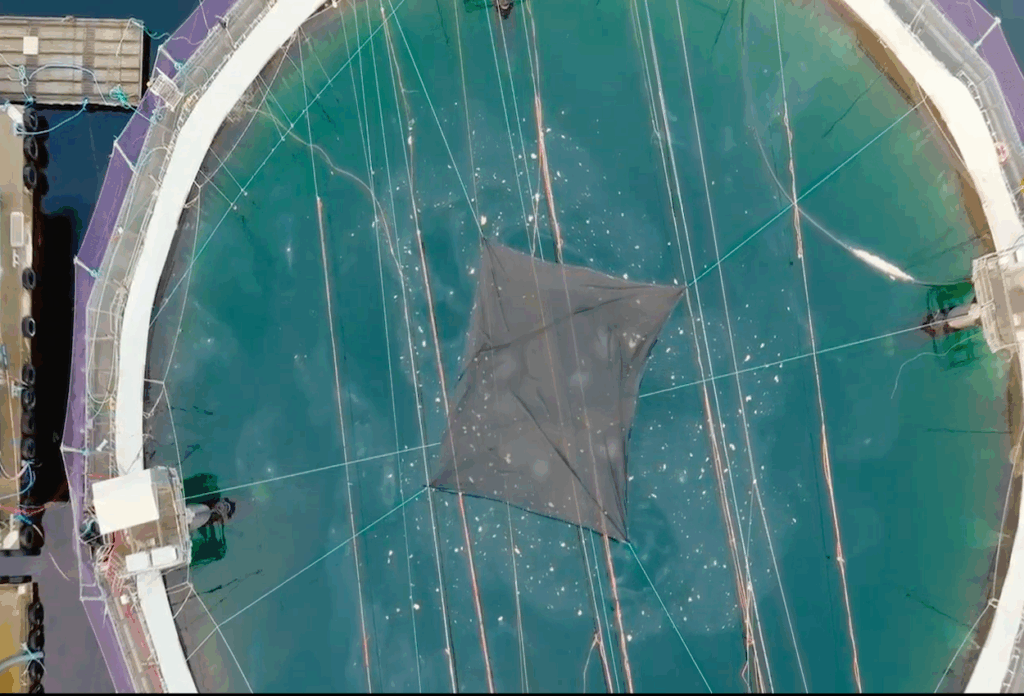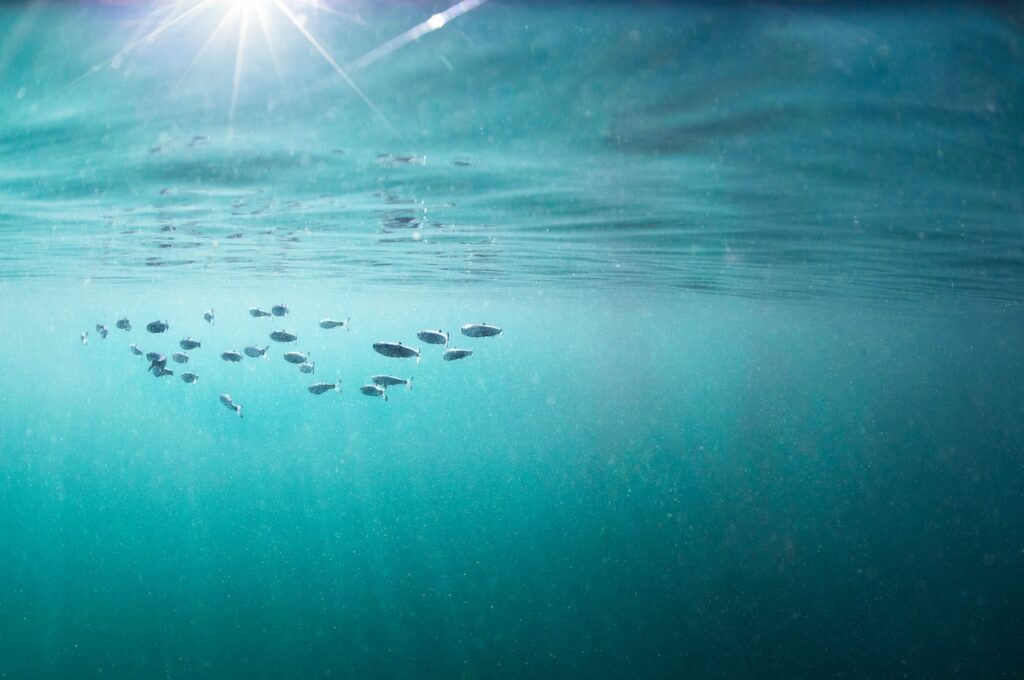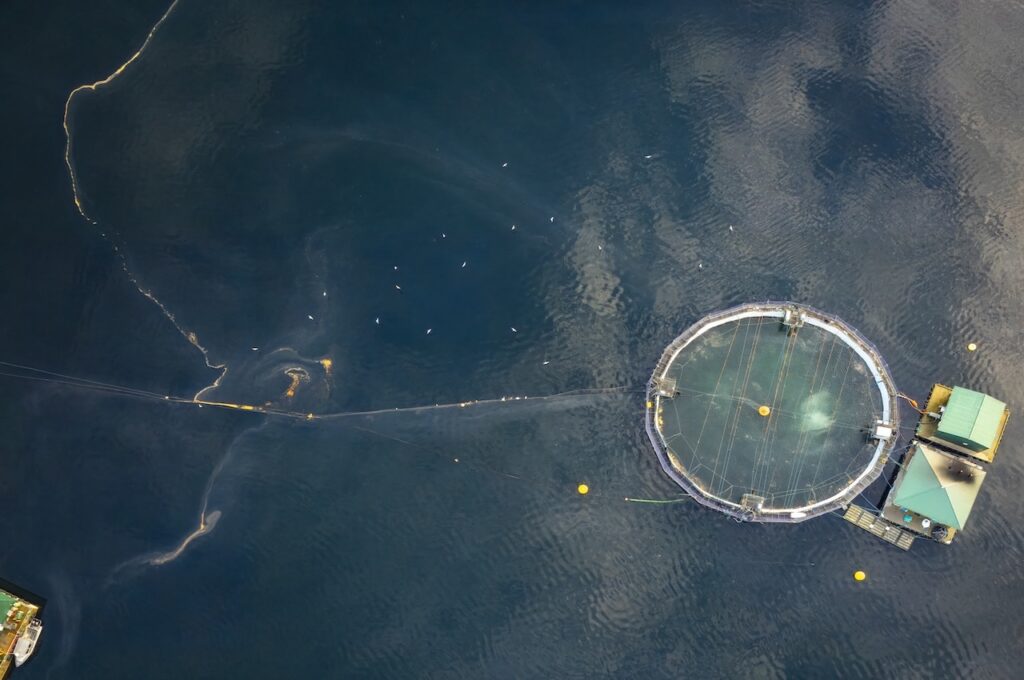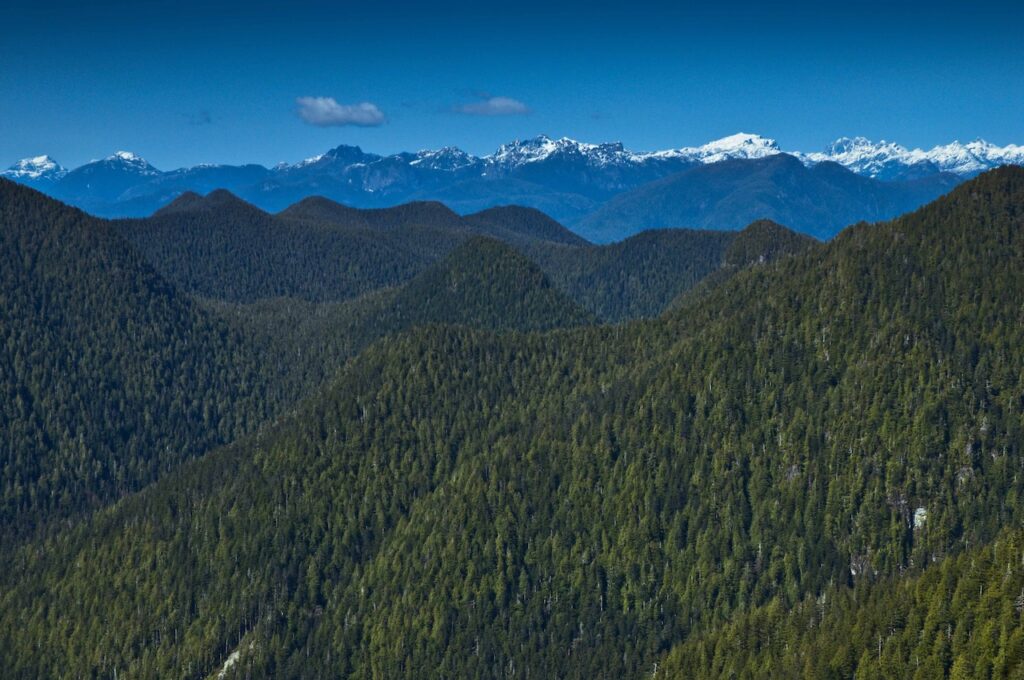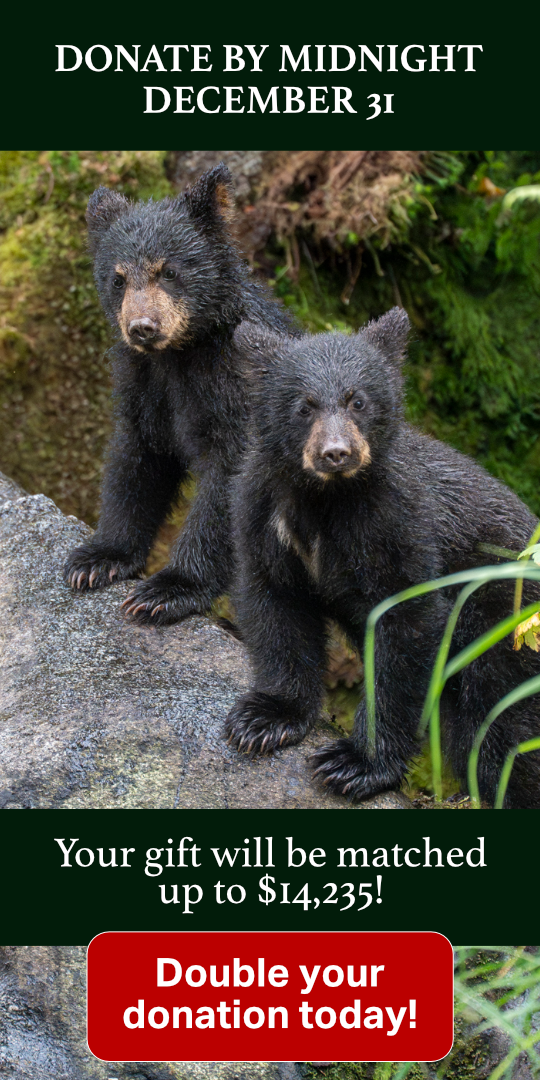A year ago Clayoquot Action heard a rumour that all salmon farm licences in BC would expire on June 30, 2022. Our MP Gord Johns was able to confirm this with a spreadsheet from DFO. We quickly teamed up with Alexandra Morton and Watershed Watch to create a campaign to push the Minister to not renew those licences—Don’t Renew in 22!
Following a federal election last September, Vancouver MP Joyce Murray was appointed Fisheries Minister. This is key—as a west coaster, Ms. Murray understands the importance of wild salmon to the ecology, economy, and cultures of British Columbia.
Good news and bad news
Last week Minister Murray announced her decision on licence renewal. The bad news: she did renew the licences. The good news: she did not renew the Discovery Island licences, and only extended the rest for 2 years, rather than the status quo of 6 years.
There is clear messaging in the announcement around the dire straits wild salmon are in, with language like “salmon are facing historic threats and experiencing significant population declines”. Using this kind of language while discussing transitioning fish farms out of the ocean may be the closest the federal government has ever come to acknowledging the harm being caused to wild salmon by fish farms.
In-water closed containment is an industry fantasy
It gets a bit spooky when they then go on to talk about growing “an industry that remains profitable” and “establishing Canada as a world leader for the next-generation aquaculture industry”. Most frightening is language used around “reducing…interactions with wild Pacific salmon” (italics added).
All of that language is code for developing in-water closed or semi-closed containment systems. The problem is, such technology does not work! Because wild salmon are on the brink of extinction, only removing fish farms from the ocean would eliminate the impacts of salmon farming. And such technology is up and running—there are many examples around the world.
Decision does nothing for wild salmon in the short term
The government could have taken steps to immediately reduce fish farm impacts on wild salmon. For example, screening farm salmon for disease agents and prohibiting transfers of infected fish into public waters. Or requiring companies to manage their sea lice, with penalties when the numbers go beyond the limit—fines or compulsory culling.
So although this decision seriously rocked the industry, it does nothing for wild salmon in the short term.
Majority of First Nations opposed
The announcement included funding for consultation with First Nations. In a statement the Union of BC Indian Chiefs said “The vast majority of First Nations in BC oppose open-net pen fish farming due to the detrimental effects it has on wild salmon…salmon is central to First Nations cultures, traditions and economies throughout our territories. Salmon stocks have steadily declined at an alarming rate, leaving some runs functionally extinct.” Clearly, this is a transboundary issue, requiring a transboundary response.
The battle is not over
The Minister announced public consultation on her draft plan, to begin this fall. She expects to have a final transition plan in place by Spring 2023. This consultation is expected to be “instrumental in the development of the final plan”
Thanks to years of Indigenous leadership, science, and public pressure, government has begun the transition. Thank you to everyone who signed petitions, called the Minister, showed up to rallies, occupied farms, and donated to this cause.
With wild salmon so close to extinction, Clayoquot Action will keep working to ensure this transition happens smoothly and swiftly.
Dan Lewis is Executive Director of Clayoquot Action.
Photo: Austin Ferguson
